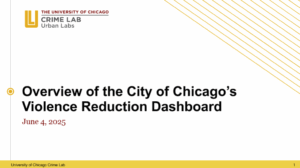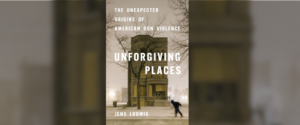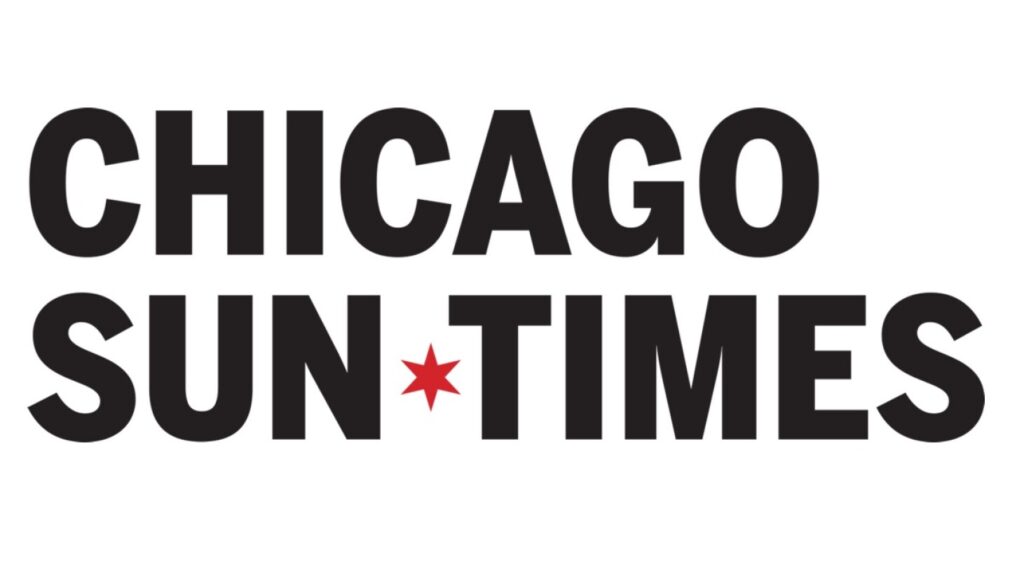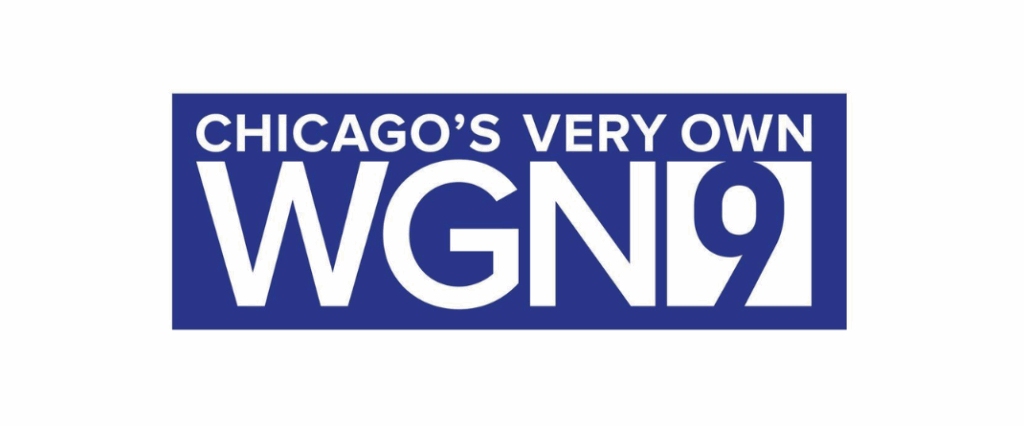Jan 2025
Valuing the benefits of reducing firearm violence in the United States
This paper estimates the monetized value of the impact of reducing firearm violence and how that value is distributed across the population.
Gun violence imposes significant costs, but the best way to quantify these costs is controversial. In line with standard practice in economics and federal directives, we use the contingent valuation method to estimate Americans’ willingness-to-pay (WTP) to reduce gun violence. Households are willing to pay an average of $744 annually for a 20% reduction in gun violence, totaling $97.6 billion nationwide. This estimate is twice as high as a recent cost-of-injury (COI) estimate, suggesting that that method, widely used in health-policy analysis, underestimates the full societal impact of gun violence. Unlike the COI metric, WTP is not strongly correlated with demographic characteristics. The benefits of reducing gun violence are more closely associated with subjective concerns than observed victimization rates.

Webinar: Overview of the City of Chicago’s Violence Reduction Dashboard
The Crime Lab hosted a webinar that explored the City of Chicago’s Violence Reduction Dashboard—a publicly available tool launched to support efforts to reduce gun violence through transparent, real-time data.

Unforgiving Places: The Unexpected Origins of American Gun Violence
Crime Lab Pritzker Director Jens Ludwig authored a book that argues the lack of progress in reducing gun violence ultimately stems from our having misunderstood the nature of the problem, and that behavioral science gives us a new way to understand – and solve – gun violence in America.

Local Gun Violence Dashboards
Chicago’s Violence Reduction Dashboard, launched by the Crime Lab in 2021, is featured in a toolkit created by Everytown for Gun Safety Support Fund as a part of its Gun Violence Data Fellowship.
IL Office of Firearm Violence Prevention
The University of Chicago Crime Lab has partnered with the Illinois Office of Firearm Violence Prevention (OFVP) in support of the OFVP’s goal to use data to focus resources. The Crime Lab prepared the following interactive map to support the RPSA Youth Development Services grantmaking process.
Latest Updates
Kelly Leonard: How improv can help police do their job
Kelly Leonard joins WGN’s John Williams to discuss The Second City’s partnership with the Crime Lab’s Policing Leadership Academy that’s using improv to help officers improve their communication skills.

Novel approaches can chip away at gun violence, and make a big difference
In an op-ed for the Chicago Sun-Times, Crime Lab Pritzker Director Jens Ludwig argues that when it comes to gun violence, we’ve been focused on the wrong solutions – a key insight from his new book, “Unforgiving Places: The Unexpected Origins of American Gun Violence.”

New book challenges conventional wisdom on Chicago shootings
Crime Lab Pritzker Director Jens Ludwig joins WGN’s Mike Lowe for an interview to discuss his new book “Unforgiving Places: The Unexpected Origins of American Gun Violence,” and how the book challenges our conventional wisdom about why shootings occur and how we can make progress on gun violence.

